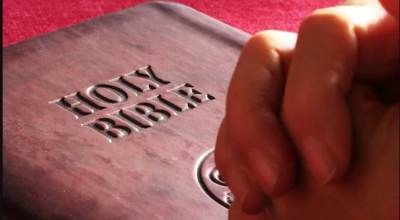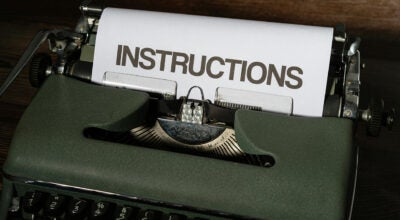Acosta: It’s about the fame, not journalism
Published 6:02 pm Monday, November 26, 2018
Tension between the press and public officials is a good thing. The greater worry for this public is if reporters and politicians are too buddy-buddy.
That said, amid all the real news this month was the dust-up between President Trump and CNN White House reporter Jim Acosta.
Everybody probably saw the video — Acosta baiting Trump using a tone as well as words tantamount to, “Are you an idiot?” Trump responding by telling Acosta he should be ashamed of himself. An intern trying to retrieve the microphone. Acosta jerking away, pressing more questions, worded differently, but all easily understood to be, “Really, you are an idiot, aren’t you?”
In the aftermath, Acosta’s press room access was withdrawn because he had “assaulted the intern.” CNN took the matter to court and the White House took a chill pill.
The case wasn’t about the law, but as it happens the law on this situation is well-settled.
• No one, including the president, is required to talk to anyone about anything at any time. There is a fundamental right to silence that all Americans enjoy, and it could be argued that too-few practice.
• On the other hand, events that are open to the public are open to media representatives because, well, media representatives are members of the public. Selective exclusion of reporters from public events based on their coverage was long ago deemed unconstitutional.
The White House, obviously, is not a public place. Access is strictly controlled, but that doesn’t mean it can be arbitrary or content-driven.
It would not serve the interests of democracy to empower any president to create an amen corner and call it a press room, and so Trump — like all presidents before him — may not play favorites. Neutral rules of decorum can be established and enforced, but any court would have punctured a pretextual ejection when the real reason was, “I don’t like you.”
Again, if an official chooses to return calls to favored journalists or provide interviews only to favored journalists, there’s no problem with that. Perfectly legal. But open events are, well, open to those who wish to cheer, those who wish to boo and those remaining few who seek honest comments and explanations.
That brings us to this sad fact: In the careers of many nationally prominent media folks, it has become more about the fame and less about the journalism. (An indicator is whether a person engaged in reporting has a publicity agent on his or her personal payroll. Hundreds do.)
One path to fame follows a simple recipe:
• The more exposure (airtime) the better.
• The shortest path to more exposure is to act out, to be provocative.
• If provocative isn’t enough, try outlandish.
It should be clear at this point: Donald Trump and Jim Acosta both follow that recipe and both serve up the same dish. To be clear: Their relationship has nothing to do with news. It has everything to do with putting on a show, building a fan base, attracting supporters.
For the president, the benefit is that his defenders will cement their belief that the elites are out to get him and to twist his every positive into a negative.
For Acosta, the benefit will come during salary negotiations — “Did you see how many views his video received?” — and more than likely via a lucrative book contract.
For the public, well, there’s the entertainment factor — but not much more.
Again, verbal sparring between those who make public policy and those who relate it to the masses is a necessary part of democracy. Every official at every level of government wants 100 percent support for his or her actions or ideas. Being human, they tend to gloss over or talk past weaknesses or flaws in their logic. At that point, it becomes the job of the public, the loyal opposition or the Fourth Estate to challenge them, to ask for more detailed explanations.
It’s how the system works.
It’s how problems are solved, solutions are devised, a consensus is reached.
There are a couple of ways the process can break down. One, obviously, is if no one asks hard questions and, instead, becomes a cheerleader for a team — loyal to a great leader no matter what.
The other is if those employed to fact-check focus on themselves more than their responsibilities.
And that’s what we saw.
The Trump-Acosta thing was no threat to the Constitution. The danger of the Trump-Acosta thing was anyone thinking it had anything to do with journalism.
Charlie Mitchell is a Mississippi journalist. Write to him at cmitchell43@yahoo.com.





